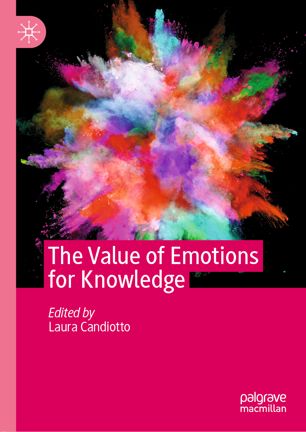

Most ebook files are in PDF format, so you can easily read them using various software such as Foxit Reader or directly on the Google Chrome browser.
Some ebook files are released by publishers in other formats such as .awz, .mobi, .epub, .fb2, etc. You may need to install specific software to read these formats on mobile/PC, such as Calibre.
Please read the tutorial at this link: https://ebookbell.com/faq
We offer FREE conversion to the popular formats you request; however, this may take some time. Therefore, right after payment, please email us, and we will try to provide the service as quickly as possible.
For some exceptional file formats or broken links (if any), please refrain from opening any disputes. Instead, email us first, and we will try to assist within a maximum of 6 hours.
EbookBell Team

4.8
44 reviewsThis innovative new volume analyses the role of emotions in knowledge acquisition. It focuses on the field of philosophy of emotions at the exciting intersection between epistemology and philosophy of mind and cognitive science to bring us an in-depth analysis of the epistemological value of emotions in reasoning.
With twelve chapters by leading and up-and-coming academics, this edited collection shows that emotions do count for our epistemic enterprise. Against scepticism about the possible positive role emotions play in knowledge, the authors highlight the how and the why of this potential, lucidly exploring the key aspects of the functionality of emotions. This is explored in relation to: specific kinds of knowledge such as self-understanding, group-knowledge and wisdom; specific functions played by certain emotions in these cases, such as disorientation in enquiry and contempt in practical reason; the affective experience of the epistemic subjects and communities.